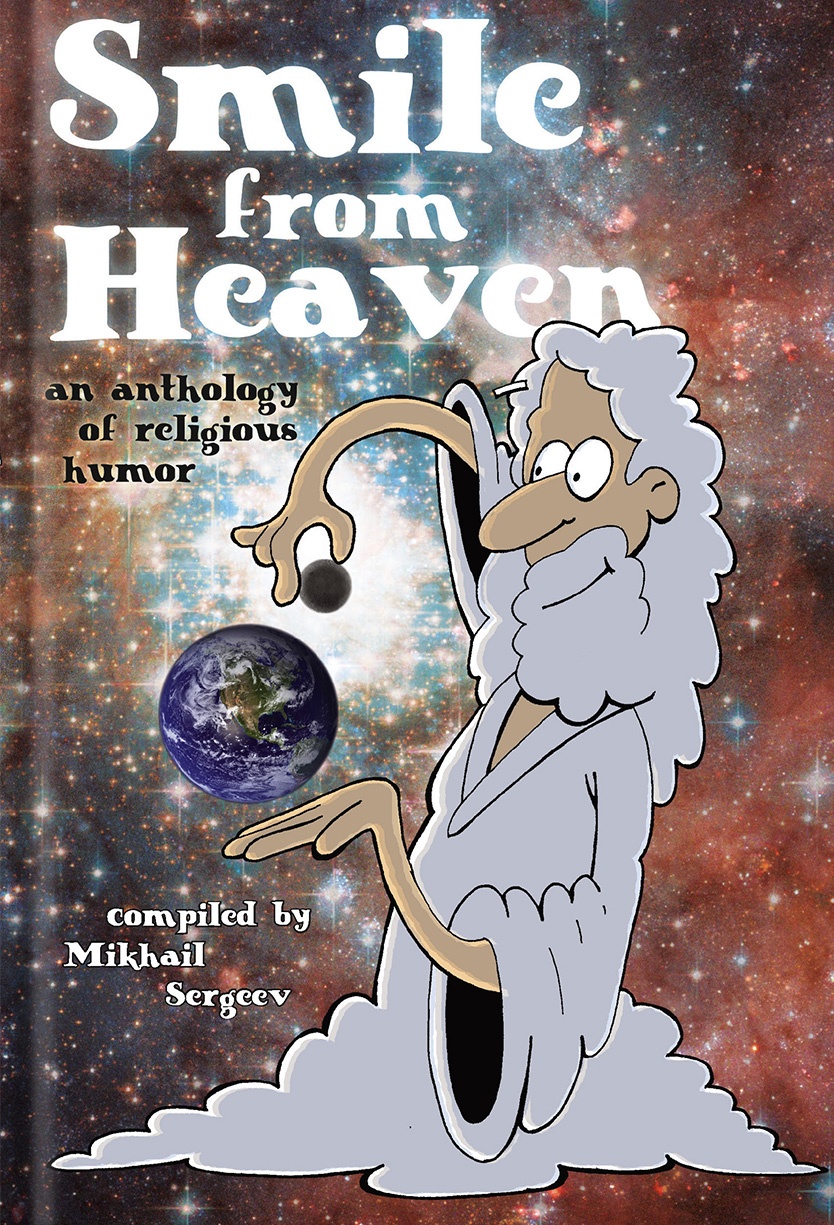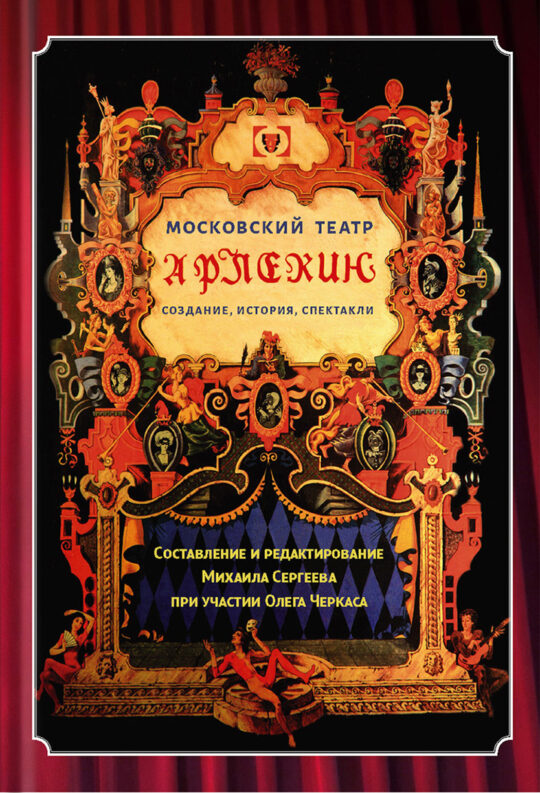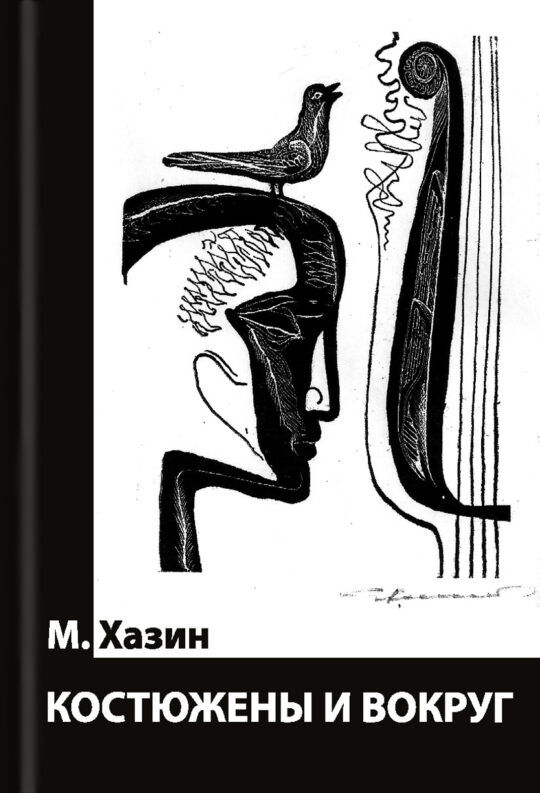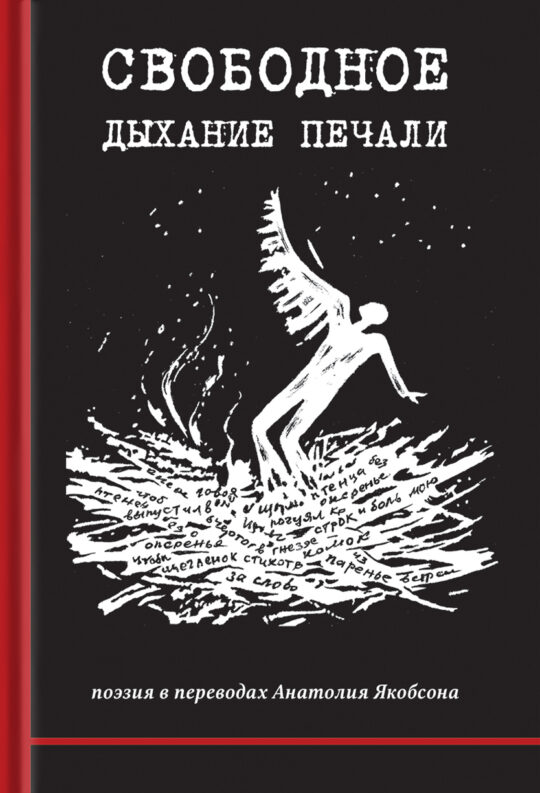Description
The collection of jokes in the book continues the tradition of this spiritual and self-sacrificial humor. The anecdotes that are gathered here make fun not of religion and its characteristic attributes, but of human imperfections and shortcomings, which manifest themselves in relation to various aspects of worship. Everything is good in moderation, including religious zeal that is not the goal by itself, but the instrument of spiritual and moral development. There is a proverbial saying in Russia—force a fool to pray to God and he will beat his forehead. Many anecdotes portray in a comic light just this pseudo-piety, the eternal human intention to follow the letter of religion to the detriment of its spirit while remaining the same stingy, calculating, deceitful, vain and lustful creatures that care not a bit about their own inner transformation.
Religious anecdotes mock blind imitation of the authorities, literal (and often absurd) interpretation of the Scriptures, inappropriate claims to sainthood, and an insatiable desire to use God and religion in self-interest. Religious humor, therefore, purifies human souls from the filth of intolerance and fanaticism. It awakens respect and compassion toward those people who profess another faith or hold different views and opinions, and belong to diverse races, nations, classes and civilizations. Thus, religious humor teaches us to love and appreciate religion in ourselves and not ourselves in religion—an attitude needed in our contemporary post-Cold War world, stricken by the fever of religious terrorism.
The book opens with an introductory essay on humor and religion in which the author discusses jokes and anecdotes that are collected in the book in the context of the Judeo-Christian tradition and culture. The jokes themselves are divided into several sections: Paradise Lost (Biblical themes); The Word and the Sword (religion and politics); The 11th Commandment (Jewish jokes); Born Again and Again (Catholic & Protestant jokes); New (Russian) Testament (Soviet & Orthodox Christian jokes); Priest, Swami and Rabbi (inter-religious humor); Sinning is Believing (self-explanatory); It will Only Look Like Eternity (jokes about the afterlife); and finally Fun Ever After (miscellaneous jokes).
As a general rule, anecdotes that seemed biased, one-sided or stereotyping were excluded from this collection. However, it was not the author’s intention to make an anthology that would contain only sterile or “politically correct” humor. There is a place here for some jokes that may be considered marginal and outdated, but are representative of a certain cultural milieu. Hence, the reader will find in the book examples of humor that some critics label ethnic, sexist, anti-Catholic, anti-Jewish, and the like. To those who feel offended by every joke that makes fun of themselves and their peculiar national, political, religious and cultural identities, I would like to respond with a quote from the science fiction classic—Ray Bradbury’s famous Fahrenheit 451:
There is more than one way to burn a book. And the world is full of people running with lit matches. Every minority, be it Baptist / Unitarian, Irish / Italian / Octogenarian / Zen Buddhist, Zionist / Seventh-day Adventist, Women’s Lib / Republican, Mattachine / FourSquareGospel feels it has the will, the right, the duty to douse the kerosene, light the fuse.
The article by Peter Crimmins from WHYY public radio and the list of the sources concludes the book.



 Mikhail Sergeev was born in 1960 in Moscow, Russia. He holds his Master’s degree (1993) and a doctorate (1997) in the history and philosophy of religion from Temple University in Philadelphia. Mr. Sergeev has taught in several universities and colleges of Pennsylvania and New Jersey. Now he teaches history of religions, philosophy and modern art at the University of the Arts in Philadelphia.
Mikhail Sergeev was born in 1960 in Moscow, Russia. He holds his Master’s degree (1993) and a doctorate (1997) in the history and philosophy of religion from Temple University in Philadelphia. Mr. Sergeev has taught in several universities and colleges of Pennsylvania and New Jersey. Now he teaches history of religions, philosophy and modern art at the University of the Arts in Philadelphia.





Reviews
There are no reviews yet.